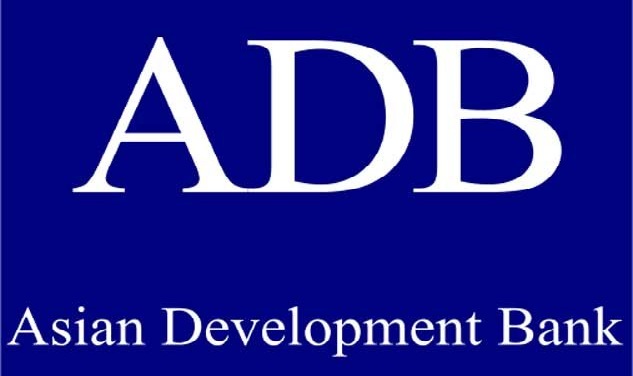Deal for $150m ADB assistance for 2nd City

The Asian Development Bank (ADB) will provide loans totaling $150 million to Bangladesh to finance crucial infrastructures such as roads and drains and build capacity in two densely populated and fast-growing city regions of Dhaka and Khulna.
“The government and the Asian Development Bank will sign an agreement in this regard tomorrow (Tuesday) at the NEC-2 conference room in the city’s Sher-e-Bangla Nagar area,” said an Economic Relations Division (ERD) official.
The ERD official informed that ERD Secretary Monowar Ahmed and ADB Country Director for Bangladesh Manmohan Parkash will sign the agreement on behalf of their respective sides on Tuesday at 3:30 pm.
The ERD official said the project will support the rehabilitation of 300 kilometers (km) of urban roads in the Dhaka city region and 30 km of drains around Dhaka and 120 km around Khulna. It will also fund the preparation of an integrated solid waste management plan including the construction of a composting plant for Khulna.
To strengthen capacity, the project will help identify priority investments, prepare or update various plans, and provide training in pourashavas and city corporations in integrated urban planning, sustainable service delivery, and operation and maintenance of urban infrastructure.
In order to reduce startup delays for future projects, support for the preparation of detailed engineering designs for investments involving the latest technologies and smart applications will be provided. This will include integrated real-time data platforms and sensors, advanced building materials, and geotechnical engineering. The project will also conduct community awareness campaigns on reducing, reusing, and recycling solid waste.
ADB’s finance comes in the form of a regular loan of $75 million and a concessional loan for the same amount. The Government of Bangladesh will provide financing of $73 million toward the $223 million total cost of the project, which is due to be completed by the end of June 2024.
According to ADB, in 2018, about 61 million people, or 37 percent of Bangladesh’s total population of 164 million, lived in urban areas. This urban population is expected to swell to 74 million by 2025, or 42 percent of the national population, with Dhaka becoming the world’s fourth largest urban agglomeration.
Urbanization offers the chance for greater economic productivity but places severe strains on the environment, infrastructure, and services. The number of urban poor is growing as migrants from rural areas flood to the cities, resulting in the proliferation of slums.
A “city region” is an agglomeration of a large city with its surrounding pourashavas (secondary towns) and adjacent peri-urban areas in upazilas (sub districts).
An ADB official at its resident mission said closer coordination among fragmented institutions in city regions and increased mobility within the agglomerations are critical to sustainable growth. Investments to improve city regions’ resilience to climate and disaster risks triggered by earthquakes, floods, droughts, and cyclones are also essential.
ADB launched a first City Region Development Project in 2010 backed by a $120 million loan to upgrade roads, bridges, and bus terminals; improve storm drains to reduce flooding; and upgrade water supply, sanitation, and solid waste management.
The second project builds on the lessons learned and past gains in community awareness, institutional capacity, and coordination among municipalities. Investments will be based on priorities identified in regional development plans for the two city regions.
